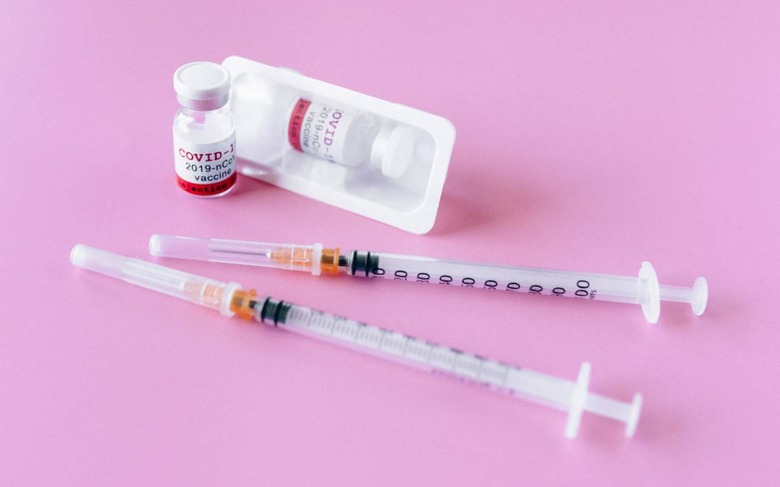AstraZeneca/Oxford COVID-19 Vaccine Effectiveness Revealed - With Some Surprises
A third COVID-19 vaccine candidate, co-developed by the University of Oxford and AstraZeneca, is the latest to deliver successful trial results, with particularly promising pricing and logistics promised. The drug, ChAdOx1 nCoV-2019, showed up to 90-percent efficacy in one treatment regimen, and both Oxford and AstraZeneca have committed to supplying it on a not-for-profit basis during the pandemic.
That could potentially make it around $4 per dose, previous estimates have suggested. Pfizer and Moderna, which announced their own Phase 3 vaccine trial results earlier this month, have not confirmed final pricing for their drugs. However they're expected to be considerably more expensive than this third option.
The Phase 3 trial consisted of 131 COVID-19 cases among the different participants. Interim analysis concerned two different dose regimens, one where two full doses were administered, and another where participants received first a half dose and then a second, full dose later. Interestingly, the former saw a 62-percent efficacy rate, but the latter hit a 90-percent efficacy rate.
That makes an overall average of 70.4-percent efficacy. "Additional cases are expected to accrue by the time of the final analysis and future analyses will determine the duration of protection," the companies say.
It's not the only notable finding. The study also showed lower rates of asymptomatic infection among those vaccinated. People infected – and infectious – with COVID-19, but not showing any symptoms themselves to warn of that, have been a significant factor in the spread of the virus so far.

Like the Pfizer and Moderna vaccine candidates, the Oxford/AstraZeneca drug would still require two visits for immunization. However if the more effective drug regimen is followed, one upshot is that less of the vaccine itself would be required overall. That could have a significant impact on the overall vaccine supply.
Currently, AstraZeneca has international agreements with global manufacturing partners that could apply three billion doses of ChAdOx1 nCoV-2019. The drug will be provided on a not-for-profit basis for the duration of the COVID-19 pandemic around the world. After that, those terms will apply in perpetuity for low- and middle-income countries.
There are some significant differences between the Oxford/AstraZeneca drug and the other two vaccine candidates we've already heard about. For a start, while Pfizer and Moderna have focused on an mRNA approach, ChAdOx1 nCoV-2019 is based on a weakened version of a common cold virus, adenovirus. That has been genetically tweaked, so that it won't grow in humans.
An advantage of the virus approach is much more straightforward logistics. Adenovirus vaccines can be transported and stored at regular, domestic fridge temperatures (35.6-46.4F) rather than needing significantly lower temperatures. It should mean the drug won't demand special considerations for transportation, and can be readily stored on-hand at hospitals, surgeries, and pharmacies.
Next comes the full Phase 3 data, along with independent analysis of this interim data and its submission to regulatory authorities around the world.
